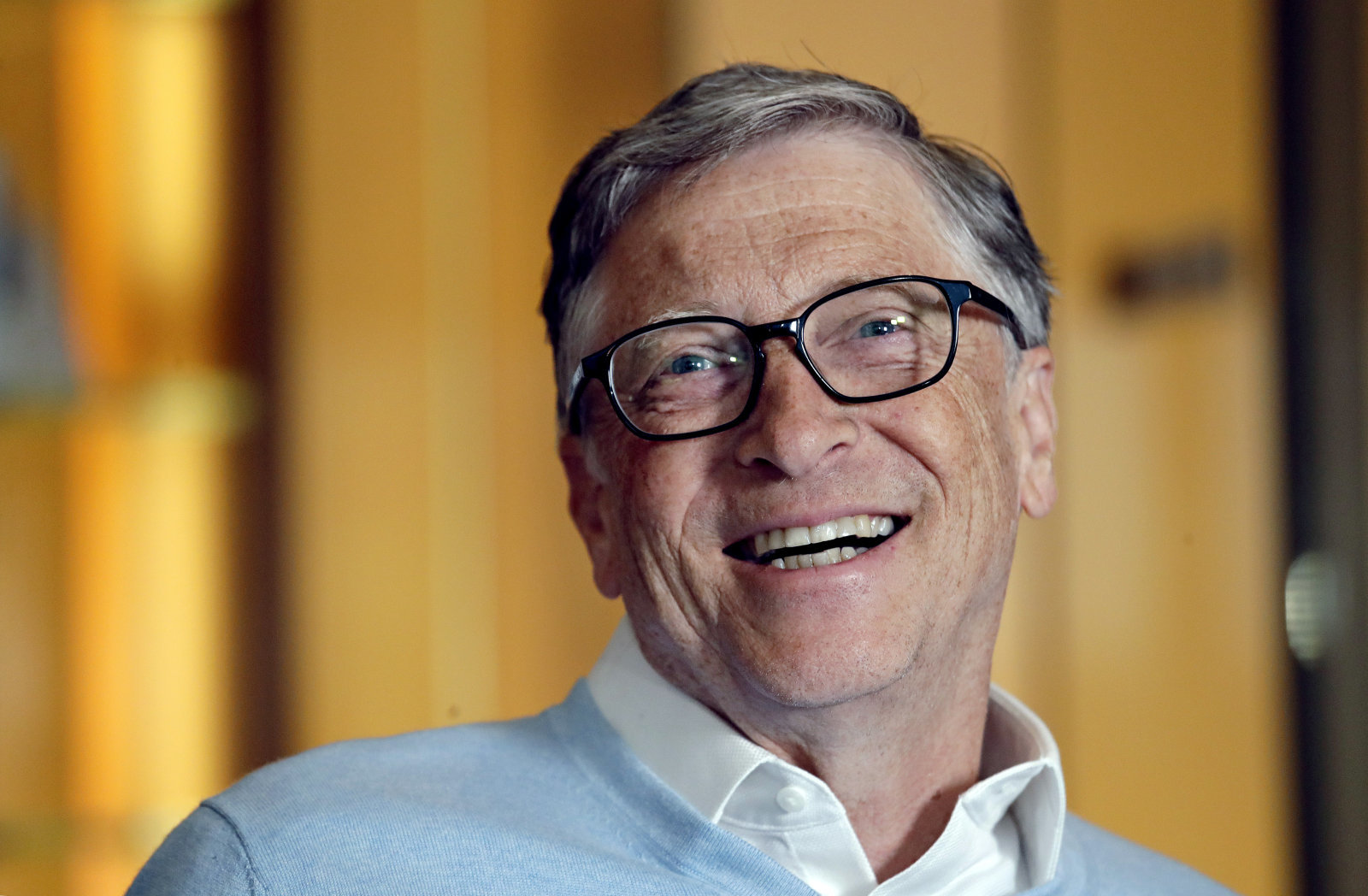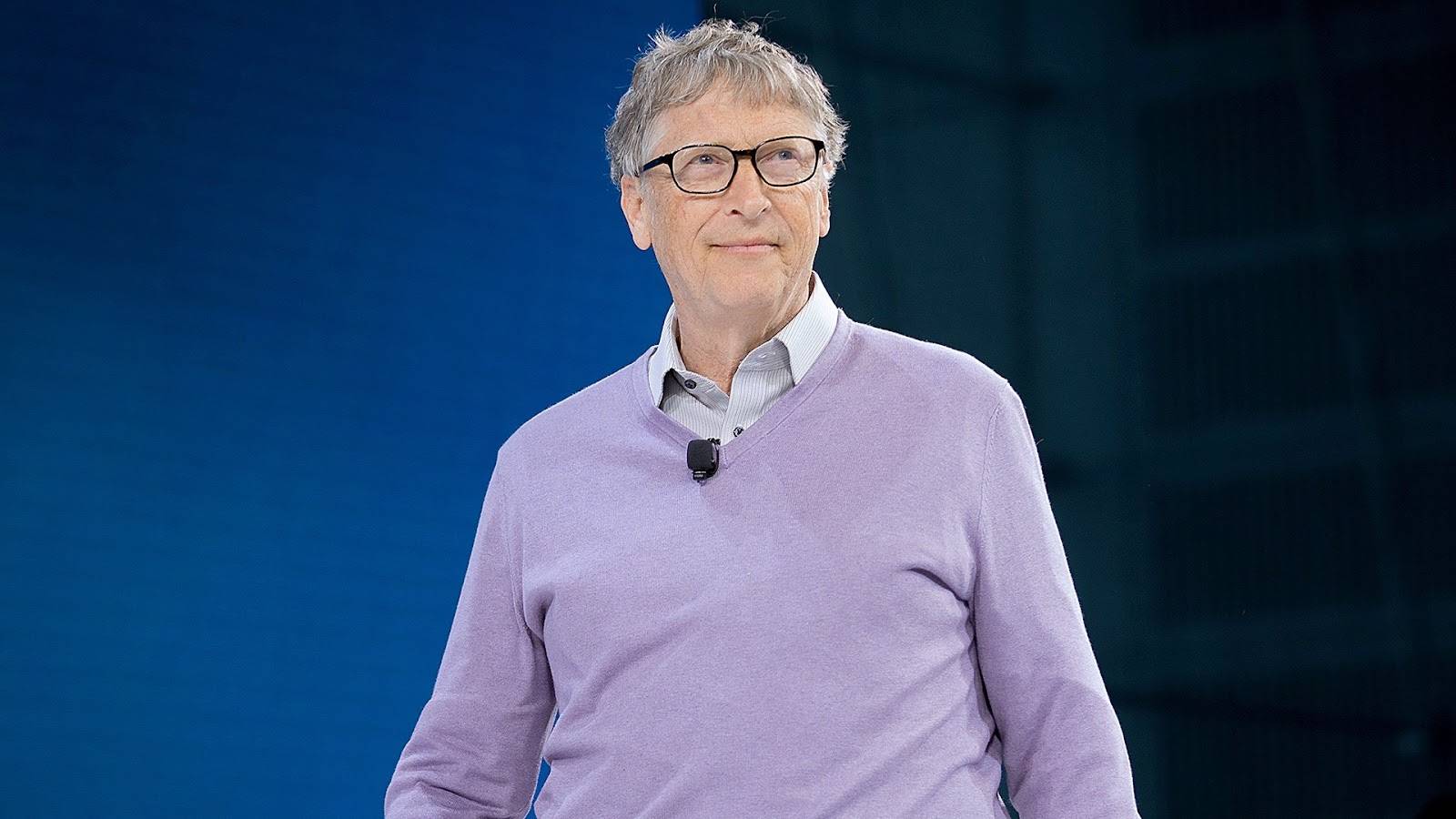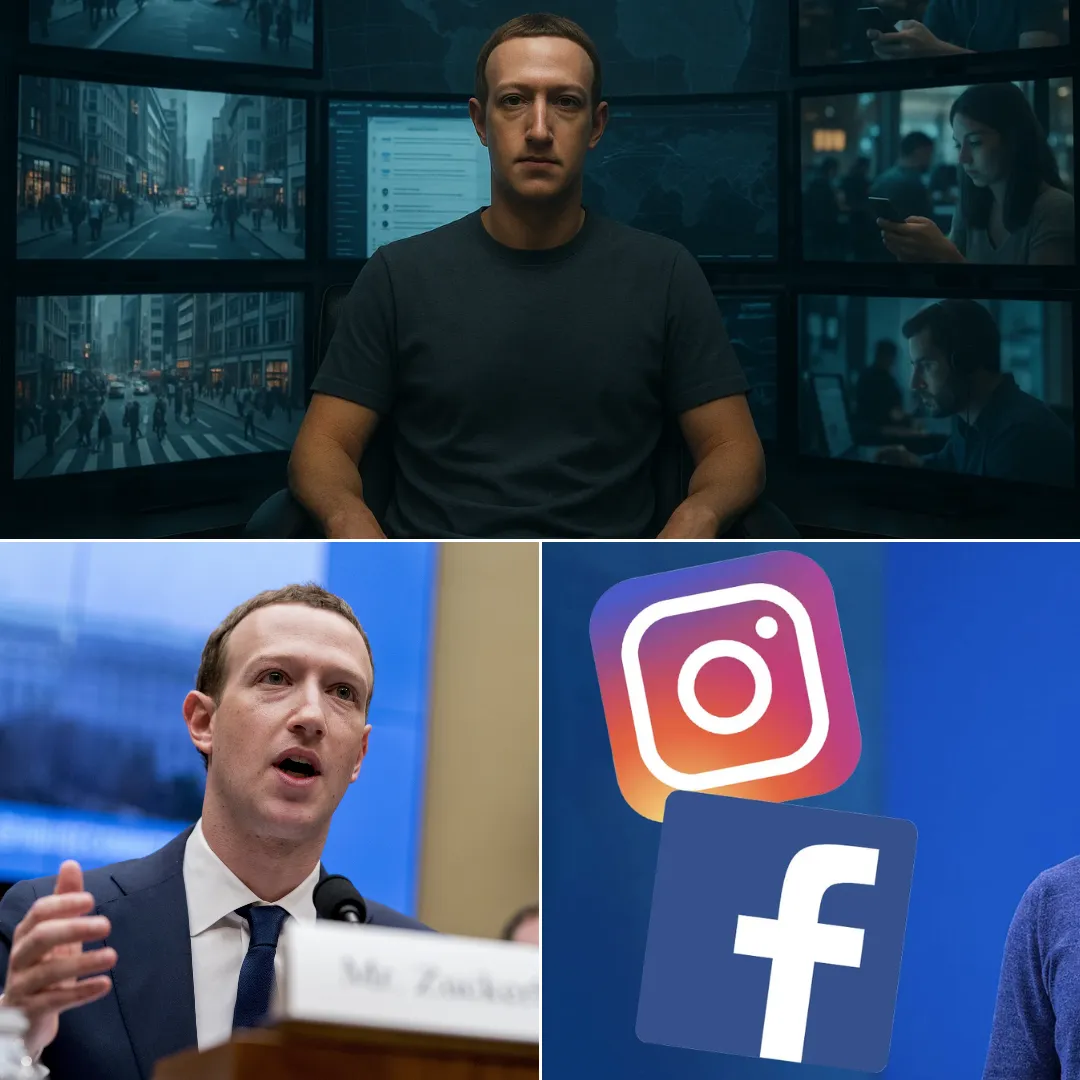
Bill Gates, the Microsoft co-founder and philanthropist, has recently made waves in the global health conversation by praising the healthcare systems of Burkina Faso, Mali, and Niger, while at the same time sharply criticizing the healthcare challenges in northern Nigeria.
During a roundtable discussion with The Africa Report, Gates highlighted the resilience of healthcare systems in military-led Sahel nations, while calling on Nigeria to take urgent action to address its public health deficiencies, particularly in its northern states.
While Gates acknowledged the complex political environments in countries like Burkina Faso, Mali, and Niger, he emphasized that their health systems have remained relatively stable despite the military rule.
He pointed out that the military-led governments in these countries, although politically unstable, have not undermined the delivery of healthcare services in the areas where stability exists.
Gates lauded Burkina Faso for maintaining a robust health system, with the country’s health leadership remaining intact, even under the military regime. According to Gates, Burkina Faso continues to run a decent health system, with no significant disruptions to its healthcare delivery.
"Some of those countries run, within the areas of stability, pretty decent health systems," Gates remarked. "Burkina Faso also runs a good health system. That has not changed."
His recognition of the Sahel nations’ health systems underscores the importance of stability and leadership in ensuring that public health services continue, regardless of political instability.
In stark contrast, Gates expressed deep concern about the state of healthcare in northern Nigeria, particularly in Sokoto State. He pointed out that Sokoto’s vaccination rates lag far behind those of neighboring Niger, one of the countries Gates praised for its relatively strong healthcare response.
Gates emphasized that despite the challenges in the Sahel, northern Nigeria has the lowest vaccination rates in Africa, even lower than Somalia, which has been plagued by years of conflict and instability.

"The Sahel is tough, but more children live in northern Nigeria than in all those other countries combined," Gates said. "And that’s where we have the lowest vaccination rates in Africa. Even lower than Somalia."
Gates’ remarks paint a stark picture of the public health crisis facing Nigeria, particularly in its northern regions, where many children are at risk due to inadequate healthcare infrastructure and limited access to essential medical services.
Gates also drew attention to the alarming fact that northern Nigeria’s healthcare deficiencies contribute to the high number of preventable deaths. He pointed out that more children die in northern Nigeria due to the lack of an effective primary healthcare system.
According to Gates, this is a major concern that requires urgent intervention from both the Nigerian government and international partners.
While Gates did acknowledge some positive efforts by Nigeria’s Health Minister, Ali Pate, including the increased federal health budget for 2025, he stressed that this increase, amounting to $200 million, is nowhere near enough to address the healthcare gaps in the country.
Gates warned that despite the additional funding, Nigeria still faces a significant shortfall in healthcare resources, especially as foreign aid from Western countries continues to shrink.
He noted that cuts in foreign aid budgets by major donor countries, such as the United Kingdom and Germany, are likely to exacerbate the situation in Nigeria, as well as other African countries relying on international assistance.

“There’s no way the government can cover all of that shortfall,” Gates said. “They’ve got an extra $200 million, but that’s nowhere near enough to replace the money that’s disappearing.”
He expressed his frustration over the situation, particularly as Western countries redirect funds from healthcare to bolster security spending, a move he warned would have deadly consequences for millions of vulnerable people in Africa.
Gates also expressed concern that the reduction in funding for multilateral institutions like UNICEF, Gavi the Vaccine Alliance, and other global health organizations would lead to an increase in preventable diseases and deaths in Africa.
He stated that the cuts to foreign aid would directly impact efforts to combat diseases like HIV, malaria, and maternal health issues, all of which have made significant progress thanks to international funding in recent years.
“But, you know, I’m very upset about it, and we’ll see more HIV deaths, more malaria deaths, more maternal deaths,” Gates said. “There’s just no denying that the money was being well spent and there’s no alternative source that comes close to what was previously available.”
His impassioned remarks highlight the urgent need for sustained global health funding, particularly for countries in Africa that are struggling with systemic healthcare challenges.

Despite Nigeria’s position as Africa’s most populous country and its status as an economic powerhouse in the region, the country’s healthcare system continues to face significant challenges, particularly in its northern regions.
Gates’ call to action is clear: Nigeria’s government must do more to improve healthcare infrastructure, especially in the northern states, where millions of children are at risk of preventable deaths.
Gates’ concerns reflect a broader issue facing many countries in Africa, where political instability, inadequate healthcare funding, and limited access to resources continue to undermine the health and well-being of millions of people.
In his discussion, Gates also commended the work of local health leaders in the Sahel region, such as Dr. Paulin Basinga, the Gates Foundation’s global director for policy, advocacy, and communication.
Dr. Basinga emphasized that the military regimes in Mali, Burkina Faso, and Niger have not interfered with the leadership of the health ministries, which has allowed for continuity in healthcare services.
Gates praised the efforts of Burkina Faso’s health minister, who remained in office during the transition to military rule, and pointed to Mali’s former health minister, Sambo Sow, as a key figure in maintaining the country’s health system during times of political upheaval.

“The foundation’s approach of working closely with local partners has helped build trust in these regions,” Dr. Basinga noted, highlighting the importance of collaboration between the Gates Foundation and local health authorities in ensuring the stability of the health systems in these countries.
Gates also acknowledged the important role of local leaders in maintaining healthcare services and stability in countries with fragile political environments.
In conclusion, Gates’ remarks underscore the need for urgent action to address the healthcare crisis in northern Nigeria, where millions of children are at risk due to inadequate vaccination rates and poor primary healthcare services.
While Gates praised the resilience of the Sahel nations, particularly Burkina Faso, Mali, and Niger, he warned that Nigeria must do more to address its healthcare deficiencies, particularly in the northern states.
With a shrinking global health budget and increased challenges in securing foreign aid, Gates called for a renewed commitment to improving public health in Nigeria and other African countries that are struggling to provide basic healthcare services to their populations.
Without a concerted effort from both national governments and international partners, the health and well-being of millions of children in northern Nigeria—and across Africa—remain at risk.

-1751722762-q80.webp)

-1752810590-q80.webp)